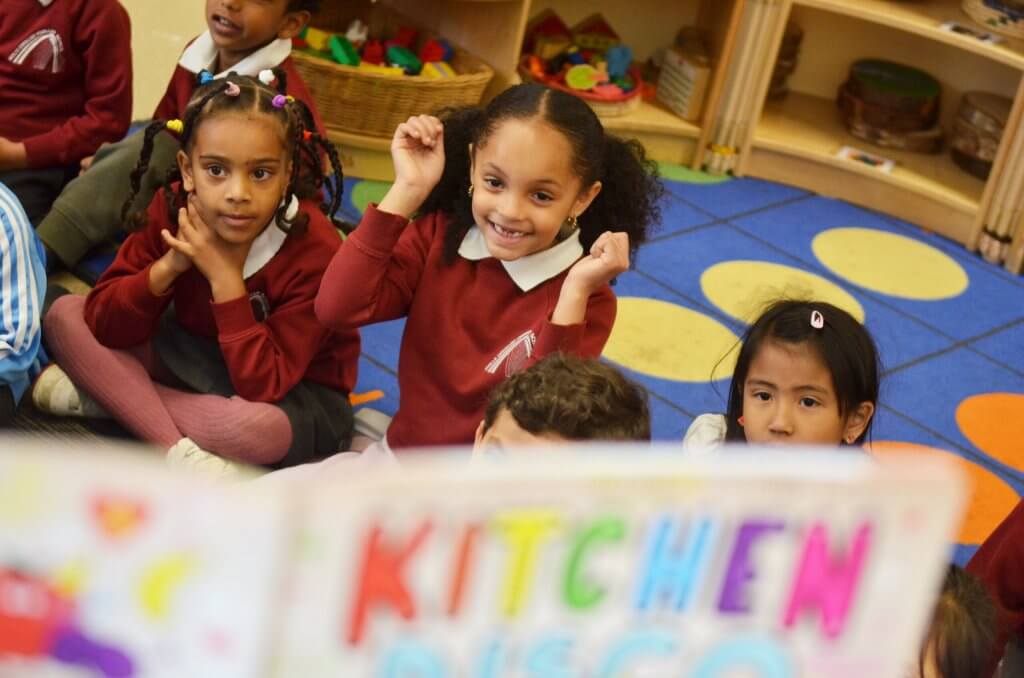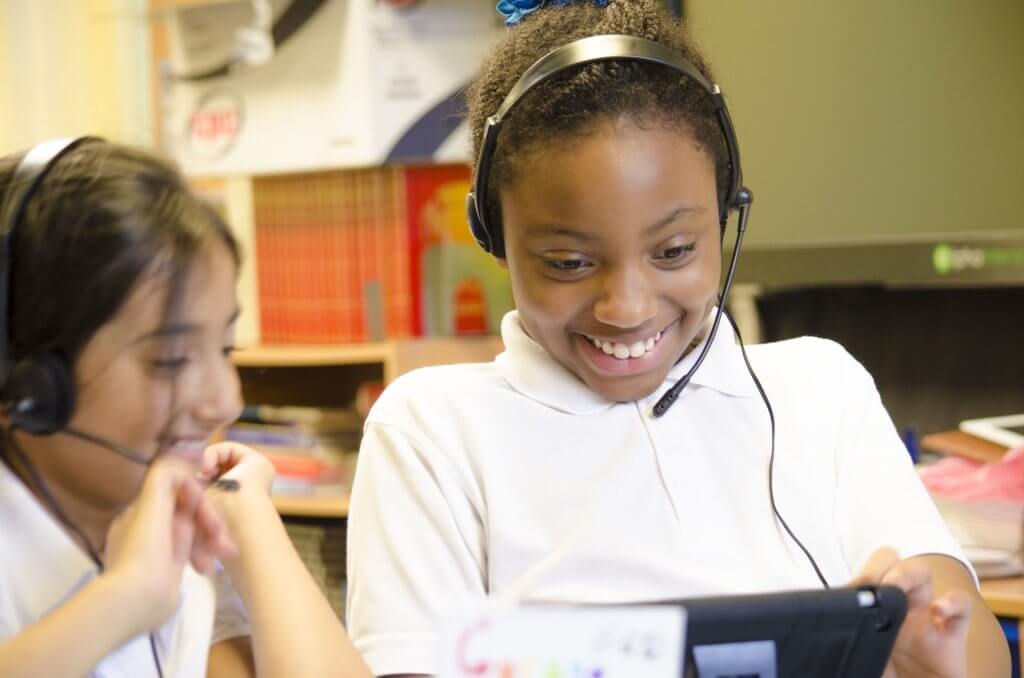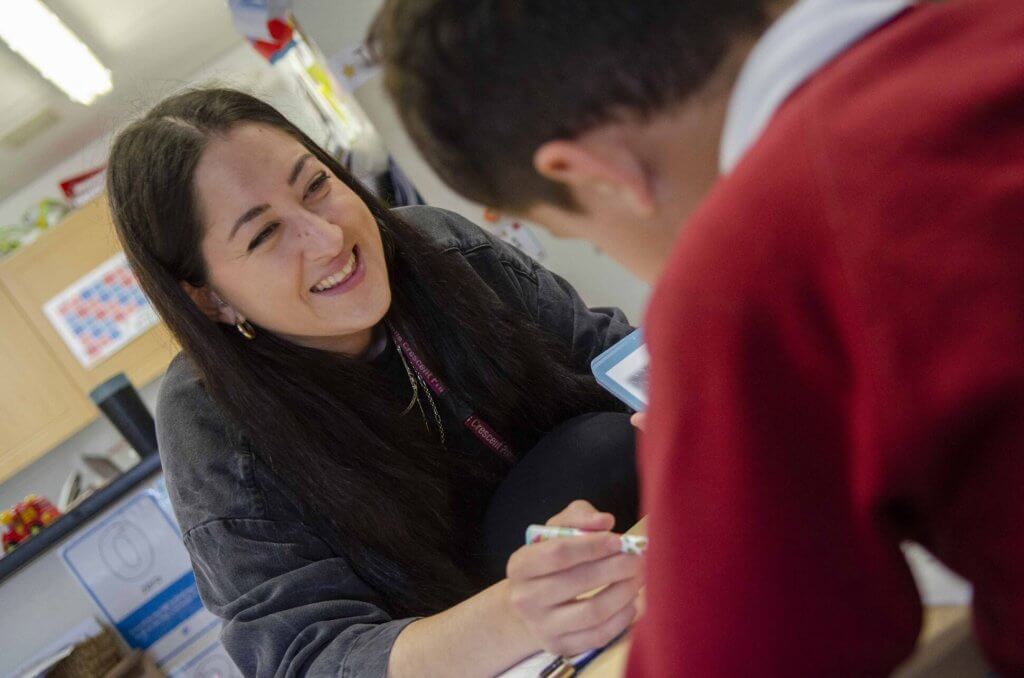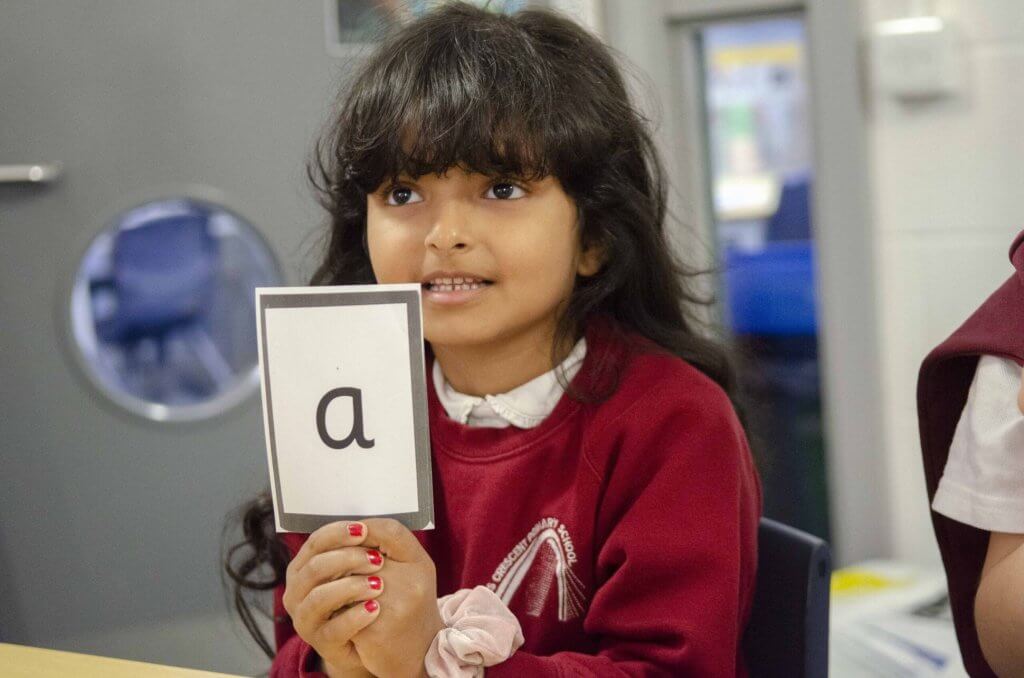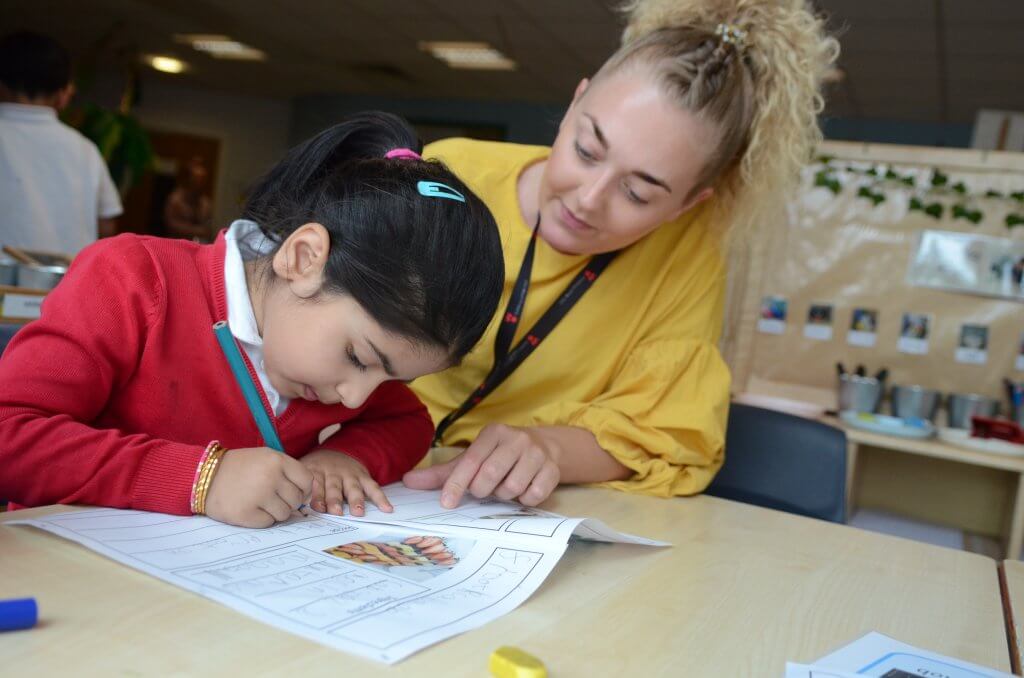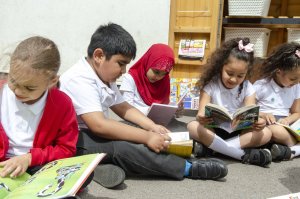On Sunday 23rd January, we’re all encouraged to celebrate reading on National Reading Day. Also coming up soon are National Storytelling Week (30th January to 6th February), International Book Giving Day (14th February) and of course World Book Day on the 3rd March! These wonderful days are designed to celebrate the power of reading and books, but we need to also use them as a catalyst for considering how to give reading the attention it deserves, each and every day. We need to think deeply about how we are prioritising Reading in our schools and settings, so that every child sees the importance of reading, and builds a true love of it.

Why is reading important? Building a love of Reading is so important. Research shows that Reading for Pleasure makes more difference to children’s life chances than their socio-economic background or their parents’ level of education (Sullivan and Brown, 2013). Reading’s positive impact on mental health and empathy has also been noted (Billington, 2015), with studies showing that people who read for pleasure usually have higher levels of self-esteem and can better cope with difficult situations. From a school stand point, the importance of storytelling, sharing texts and reading aloud to children cannot be underestimated. It has been proven that children who read regularly at age 10, gain higher results at age 16 in Vocabulary, Spelling and even Maths (McGrane et al, 2017). A wide body of research also shows that teachers and parents reading aloud to children both have a significant impact on language development (Duursma et al, 2008) and social-emotional development (Mendelsohn et al, 2018). Stories and texts have entertained and delighted people since language began. They inspire, teach and provide connection. Whether read from a book or told orally, stories and texts have the power to transport the reader to other worlds and gain new perspectives.
Celebrating reading Celebrating reading and books on awareness days is one of the first steps to creating a true reading culture. By promoting reading on these days, you can begin to show the priority you place on reading and communicate its importance to your pupils and the wider school community. For instance, to celebrate #NationalStorytellingWeek, all you need is a good story to tell, but which to choose? The key is to find one that you are just as excited by as your pupils – your enthusiasm will come through your storytelling in leaps and bounds. You may wish to share the stories of your own childhood; take children on a journey to faraway places or use a story to find commonality. Some of our favourite recent texts to read aloud or share from memory are:
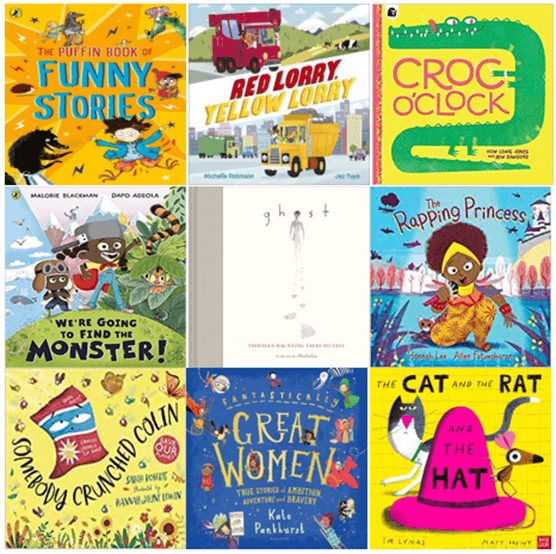
Once you have your text, then it is time to share it! You may also wish to get children involved in sharing their own stories, perhaps to a different class or year group. Or perhaps your school could partner up with a local care home to share stories together?
How can we do more to promote reading? But what can you do to ensure books and reading are celebrated every day of the year, not only on specific days? In order for children to build that love of reading which is so important, books and reading need to be central to school practice. Here are our top thinking points to support you to build a Reading for Pleasure culture in your school:
- Consider your approach to texts. Are quality texts at the heart of everything you do? Are books used to support learning in every curriculum area? Are links between texts and subjects, including across year groups, made clear to children? Do you celebrate books and Reading? How often do children visit the local library? Do children ever get to meet authors and illustrators in school? What is the impact of this?
- Think about how Reading for Pleasure is prioritised. Is Reading for Pleasure a priority in your timetable? Reading for Pleasure might be on every year group timetable, but do you know how much is being done in practice? If Reading for Pleasure is always done at the end of the day, how many times does it get pushed out by other subjects? Does every teacher read aloud to their class regularly? Do staff, other than the class teacher, share books and a love of Reading with classes? Could books become a key focus for assemblies and other shared activities?
- Unpick children’s opinions about reading. Do children see themselves as readers? Do children understanding that reading is not just about reading a book? How often do children read? What are their opinions on books and Reading? How do you know about children’s opinions on Reading and books? Do they have ideas on how to make Reading a priority at school?
- Explore how confident staff feel. Are staff being good reading role models? Do children see staff reading for pleasure? Do staff understand children’s preferences? Can they make recommendations to children about what to read next? How do you all keep up to date with new texts?
- Investigate how texts are chosen and accessed. Are the books and texts you have in school engaging and wide ranging? Can children see themselves in the characters they read and the authors who write the books at school? Do children’s opinions influence your choice of texts? How many types of reading material do you have in school apart from physical books? When do children access the school library? How often do you invest in texts?
- Discuss how to involve parents and the community. Do parents and carers see the importance of Reading for pleasure? Do they know how to support their child to read for pleasure, not just because they have to? How do you engage parents to read for pleasure themselves? What do you do to support parents who may not be literate themselves? Do parents and carers have the opportunity to read with their children in school?
Asking yourself and your staff these questions will help you to start a wider conversation about reading in your school. We have a wealth of resources to support you to promote Reading as part of our One Education Reading Award. For more information please visit our Reading Award page or email Laura.Lodge@oneeducation.co.uk
Reading underpins everything we do in life. If we can get it right, and get every child Reading for Pleasure, we can make a huge difference. So go and celebrate #NationalReadingDay and #NationalStorytellingWeek, but please make sure to use them as just one way of building a love of reading that lasts for every child’s lifetime.
One Education’s Jo Gray and headteacher Karl Duke will be delivering a whole day of inspiring training on Designing a Book Led Curriculum at The Holiday Inn Manchester Central Park on the 26th May 2022. Email events@oneeducation.co.uk for more information and to book your place.
References
- Billington, J. (2015). Reading Between the Lines: The Benefits of Reading for Pleasure.
- Duursma, Elisabeth & Augustyn, Marilyn & Zuckerman, B. (2008). Reading aloud to children: The evidence. Archives of disease in childhood. 93. 554-7. 10.1136/adc.2006.106336. McGrane et al, 2017
- Mendelsohn, Alan L et al. [Reading Aloud, Play, and Social-Emotional Development. Pediatrics](e20173393. doi:10.1542/peds.2017-3393) vol. 141,5 (2018)
- Sullivan, Alice & Brown, Matt. (2015). Reading for pleasure and progress in vocabulary and mathematics. British Educational Research Journal. 41. 10.1002/berj.3180.

